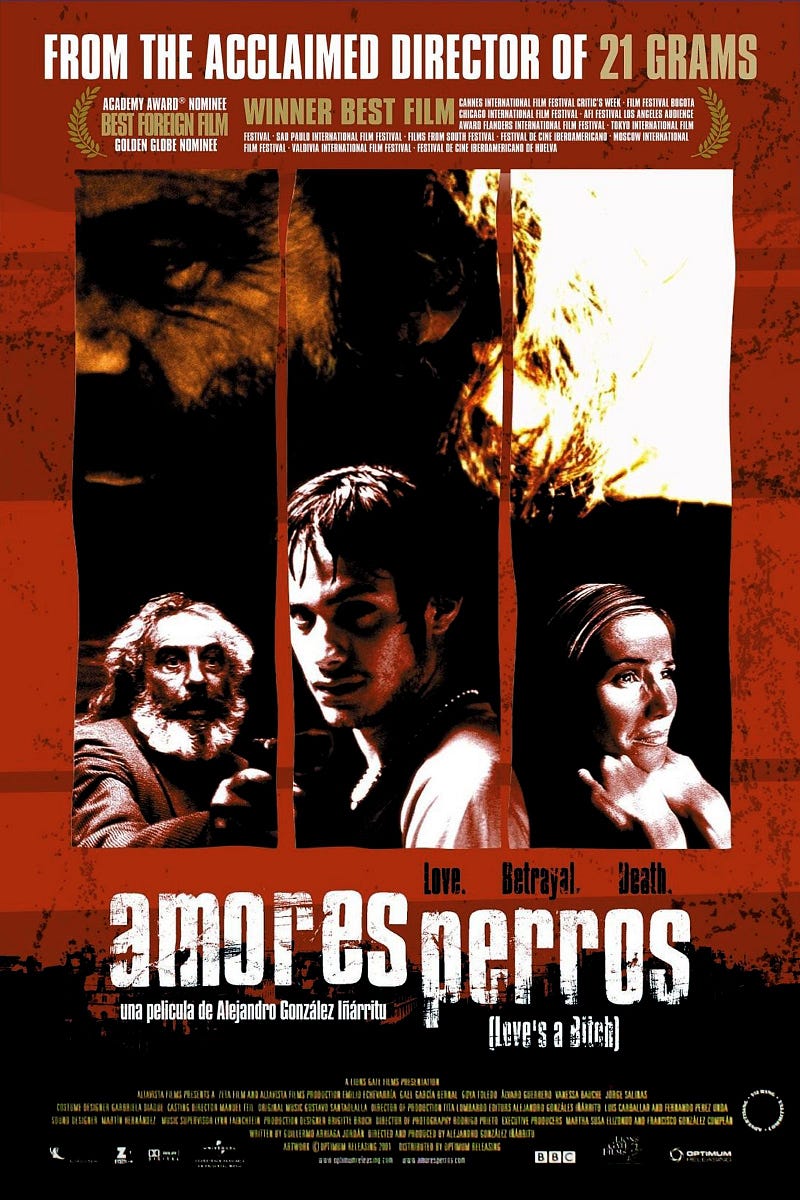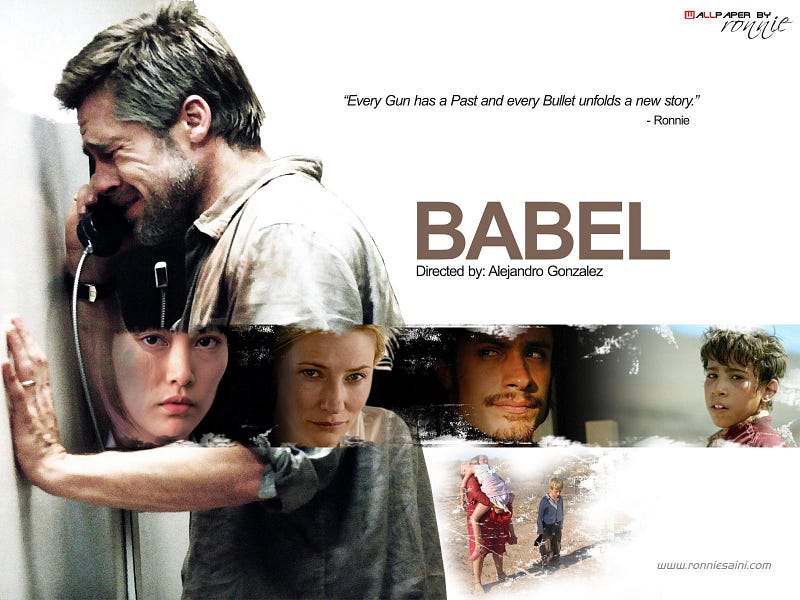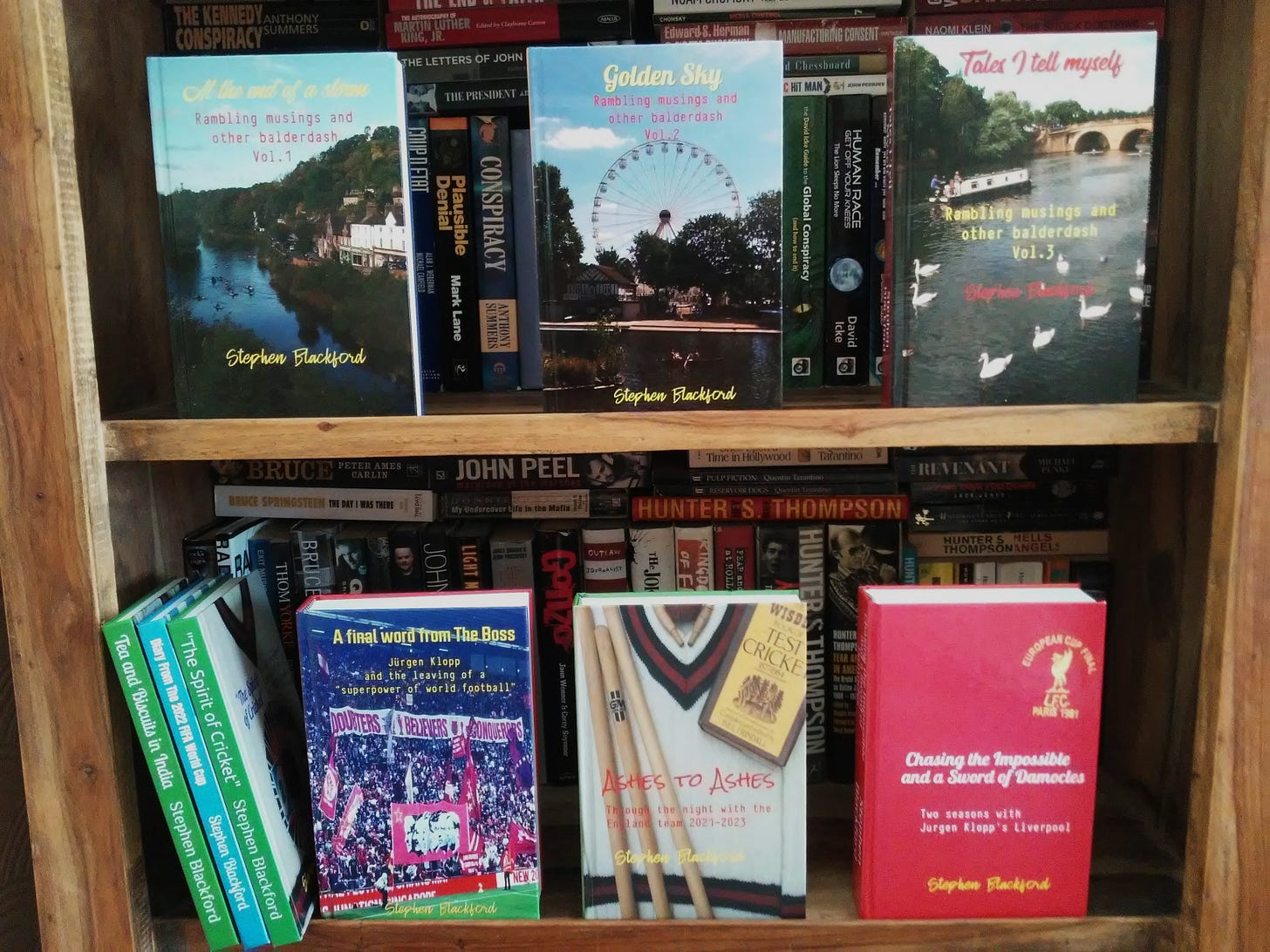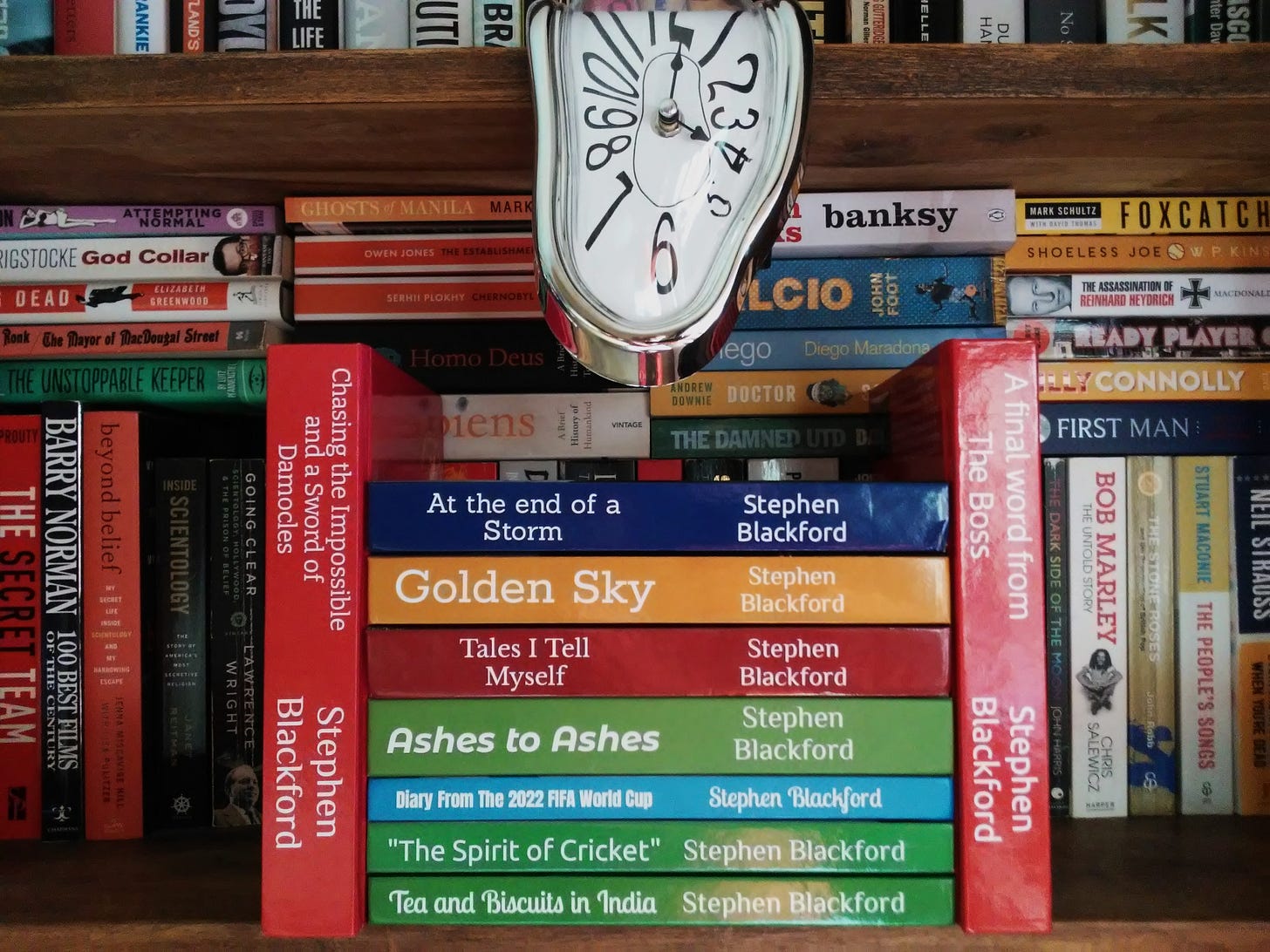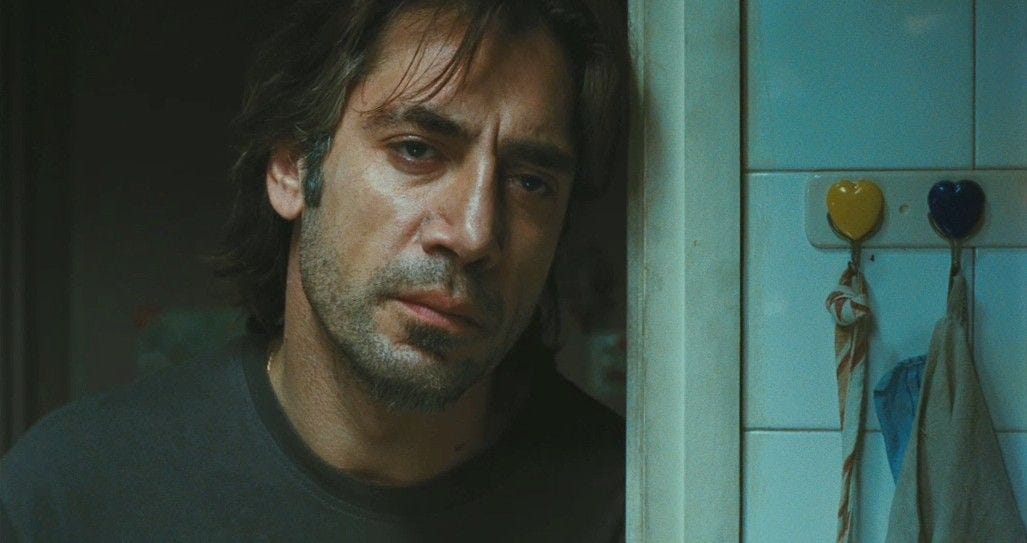
Written by the Director with Armando Bo and Nicolas Giacobone, Biutiful (Beautiful) is a Spanish language film as we follow “Uxbal” (Javier Bardem) trying to find peace with life as he comes to terms with terminal cancer. Separated from his wife “Marambra” (Maricel Alvarez) and single Father to children “Ana” (Hanaa Bouchaib) and “Mateo” (Guillermo Estrella), his work is never fully explained and spans assisting with the illegal trafficking of Chinese workers, assisting African immigrant street vendors and (not fully explained) being able to speak with the dead. All strands are shown early in the film, but neither is fully detailed and purposely left vague. Beginning and ending with the same two merged scenes, an Alejandro González Iñárritu theme of looping, non-linear narrative is again used, however this is the only occasion as the remainder of the film follows a traditional time line narrative.
Javier Bardem is truly outstanding, is in every scene and commands the screen throughout. Ably supported by Maricel Alvarez as his separated wife, her performance of a depressed, alcohol dependant spouse is as superb as it is heart breaking. A cast of supporting actors across family/work/health support are used sparingly, but the concentration is on Bardem as we follow his physical and mental deterioration. The only minor criticism are the few minor narrative strands that are either not fully explored, or fully resolved, but the positives far outweigh this.
Quiet, melancholic and often with only minimal dialogue and “distant dialogue” at that (we hear the conversation, but in a muted way) we follow Uxbal from his decrepit Barcelona apartment, through his daily “work”, always seemingly questioning, from the profound to the basics of everyday life. He poses numerous questions “What is death?”, “What is taste?”, “What is sound?” against a backdrop of the humdrum nature of day to day existence. As his physical and mental health deteriorates this is depicted vividly and often distressingly so. Hallucinations on the ceiling similar to those in Trainspotting are particularly affecting. A man who doesn’t want to die, struggling to come to terms with the inevitable and unable to tell those closest to him, Bardem’s performance of stillness captures your heart with the camera so often focusing in on his eyes and facial features, it’s a heart breaking tale of loss and disconnection and of trying to make peace with all around you.
The editing, by Iñárritu himself, took 14 months alone to complete and you can see why. Frenetic, fast paced during the actual scenes themselves, these often leave you unable to settle. It’s also evident as the film often cuts away from a quiet and pondering Uxbal to a fast, loud and busy vastly different scene. A tribute to his late Father, it can be ponderous and slow at times but a slow burning joy all the same. Nominated for two Oscars in 2011, and fully deserving of the nominations for Best Actor and Best Foreign Language Film.
Iñárritu’s first three films were dubbed his “Trilogy of Death” but with the addition of Biutiful here, surely this is now his “Quadrilogy of Death”?
Regardless, four original, astounding films that are all very difficult to watch in places and all deal in basic human raw emotions. But all four are uplifting triumphs if you allow them into your heart.
“Biutiful” can also be found within the first volume (of 7) of my “Essential Film Reviews Collection” on Amazon with each and every volume free to read should you have a Kindle “Unlimited” package. All 9 of my self-published books can also be read for free on Kindle (but go on, treat yourself to a paperback or hardback version!) and should you watch my short Youtube video linked in the middle of this article you’ll also find links to my Patreon and Buy Me A Coffee and other ways of supporting my work as an independent writer.
"The Essential Film Reviews Collection VOL.1" - link to Amazon
Thanks for reading. I hope this message in a bottle in The Matrix finds you well, prospering, and the right way up in an upside down world.





